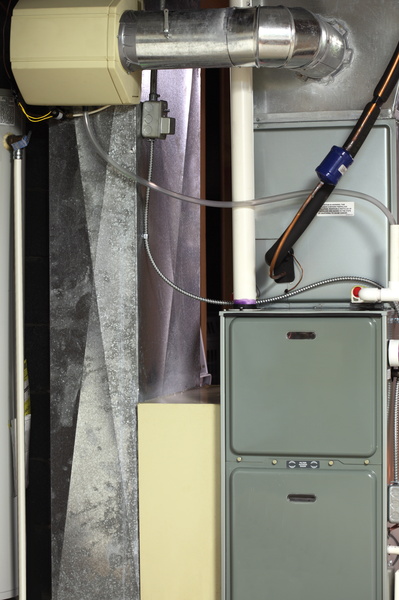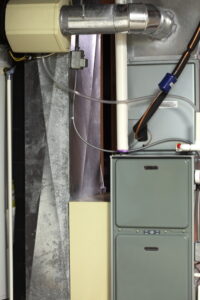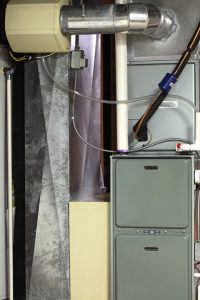Gas furnaces in Tacoma are very complex pieces of equipment. Modern ones in particular are designed to use as little gas as possible, and to recapture as much of the heat generated from burning that gas as can be done safely. One of the many safety and energy-efficient advances in furnace technology in the least twenty years is the electronic ignition.
The Purpose of Electronic Ignition
In older furnaces and boilers, a pilot light would stay lit continuously whenever the heating system needed to be available. That meant continuously burning gas throughout the fall, winter and spring months for those times when heat was needed. It was inefficient and unsafe, especially in older devices that didn’t have safety valves.
Today, furnaces are built with electronic ignitions – small devices that only ignite the gas supply when the thermostat is on. there are two types of electronic ignition used in boilers and furnaces today.
- Intermittent Pilot – An intermittent pilot is unique in that it releases a spark through an electronic component to the gas pilot, lighting the gas burners.
- Hot Surface Ignition – Hot surface ignition uses an electronic filament (like a lightbulb) to heat up and ignite the burners when the thermostat calls for heat.
Both devices are designed to use a very small amount of electricity and reduce the amount of gas needed for continuous operation of your furnace.
Safety Benefits of an Electronic Ignition
While gas efficiency was a big part of the transition from pilot lights to electronic ignition, safety was an equally big component. Whereas before, the pilot light was continuously lit, meaning gas was continuously flowing into the furnace, today’s furnaces are essentially off when not in use. This means less of a chance that gas will flow unburned or that the pilot will get dirty or burn too soft, releasing carbon monoxide.
If your furnace or boiler still uses a traditional pilot light, consider having it upgraded to electronic ignition, not just to save gas but to keep your home and family safer. Call Sound Heating for more information.
Continue Reading
Tags: Snoqualmie, Tacoma, Tumwater
Posted in Gas Furnace, Gas Heaters, Heating | Comments Off on HVAC Q/A: What Is an Electronic Ignition?



 When cold weather arrives, your home’s furnace will go to work to ensure your family remains comfortable through the season. With the right planning—such as routine maintenance done in the fall with professionals—you shouldn’t experience serious trouble with your furnace.
When cold weather arrives, your home’s furnace will go to work to ensure your family remains comfortable through the season. With the right planning—such as routine maintenance done in the fall with professionals—you shouldn’t experience serious trouble with your furnace. First off, you may be wondering what a heat exchanger is. If you have a gas-powered furnace, this is a clamshell-shaped object within it that performs an essential part of the heating process. Heat exchangers are unimpressive looking to the untrained eye, but they are of vital importance. This is where hot combustion gasses go after being produced by the burners.
First off, you may be wondering what a heat exchanger is. If you have a gas-powered furnace, this is a clamshell-shaped object within it that performs an essential part of the heating process. Heat exchangers are unimpressive looking to the untrained eye, but they are of vital importance. This is where hot combustion gasses go after being produced by the burners.